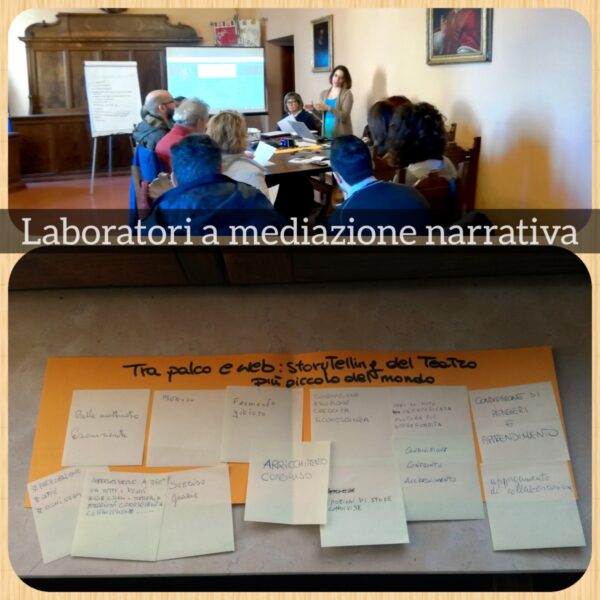
Emotions linked to culture hold significant value in various aspects of human life. Here are some dimensions in which culturally linked emotions are important: Personal Experience: Culture contributes to shaping our experiences and, consequently, the emotions associated with them. Cultural traditions, artistic practices, and creative expressions can profoundly influence how we live and perceive emotions. Identity: Emotions linked to culture are often intertwined with our cultural identity. Cultural practices can evoke a sense of belonging and connection, contributing to defining who we are and how we relate to the world. Communication: Emotions are a universal form of communication, but their manifestation can vary across cultures. Understanding the cultural nuances of emotions is essential for effective communication in culturally diverse contexts. Well-being: Engaging in cultural experiences can have a positive impact on emotional and psychological well-being. Cultural activities, such as enjoying works of art, participating in cultural events, or practicing cultural traditions, can contribute to a sense of fulfillment and happiness. Promotion of Tolerance: Emotions linked to culture can also play a role in promoting understanding and tolerance among diverse cultural communities. Through the exploration and sharing of cultural expressions, people can develop greater open-mindedness and mutual respect. In summary, emotions linked to culture are intrinsically connected to our human experience and influence our perception of the world, our identity, and relationships with others.
Emotions are the signal that there has been a change in the perception of our inner or outer world. They can be triggered by internal and external events









